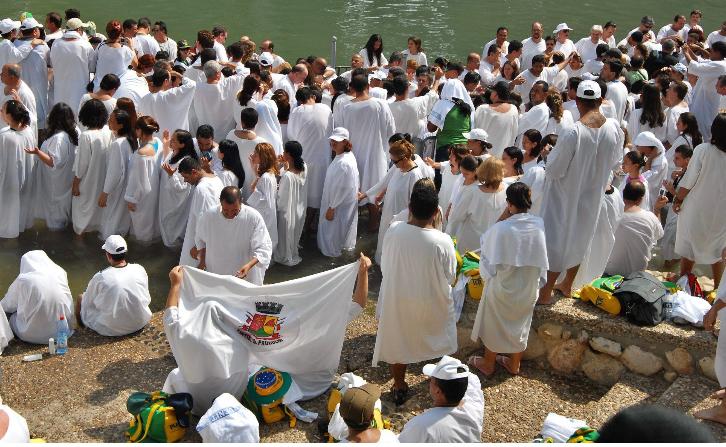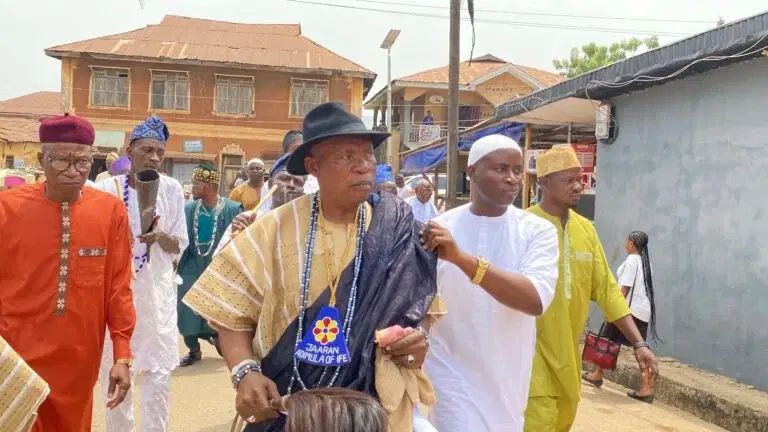Must We Wait at Polling Centers after Casting Our Votes?
A few days ago, a friend approached me to clarify some issues touching on the guidelines on the forthcoming elections. In the course of discussing with him, I realised that he did not know the basic things about the entire electoral process. Thereafter, I sampled the opinion of others and I was surprised that they were also ignorant of the basic provisions of the Electoral Act, as amended. For instance, politicians and political parties often say things like: ‘Do not leave the polling units until results are declared to curthen tail any form of rigging or stealing of votes’ even with the presence of party representatives.
It should be known that every Nigerian citizen, who is 18 years and above and has a valid Permanent Voter Card (PVC), is eligible to vote. He/she is expected to check the voters’ register to ascertain that his/her names are written, correctly spelt and included on the list.
In the course of voting, they should avoid wrong thumb-printing that could lead to many invalid ballot papers and void votes. As we prepare for the general elections on February 14 and 28, there is the need to remind ourselves of the salient sections of the Act, as follows:
Provision of Election Materials by INEC 43. (4) The Commission shall, before the commencement of voting in each election, provide all election materials for the conduct of such election at the Polling unit. Hours of Poll 47. Voting in any particular election under this Act shall take place on the same day and time throughout the Federation.
Display of Ballot Boxes 48. (1) At the hour fixed for opening of the poll, before the commencement of voting, the Presiding Officer shall open the empty ballot box and show same to such persons as may lawfully be present at the Polling unit and shall then close and seal the box in such manner as to prevent its being opened by unauthorised person(s). (2) The ballot box shall curthen be placed in full view of all present, and be so maintained until the close of poll.
Issuance of Ballot Papers 49. (1) Any person intending to vote with his voter’s card, shall present himself to a Presiding Officer at the Polling unit in the constituency in which his name is registered with his voter’s card. (2) The Presiding Officer shall, on being satisfied that the name of the person is on the Register of Voters, issue him a ballot paper and indicate on the Register that the person has voted.
Right to Challenge 50. A candidate or a Polling Agent may challenge the right of a person to receive a ballot paper on such grounds and in accordance with such procedures as are provided for in this Act. Separate Queues for Men and Women 51. The Presiding Officer shall separate the queue between men and women if in that area of the country, the culture is such that it does not permit the mingling of men and women in the same queue.
Over-voting 53.(1) No voter shall vote for more than one candidate or record more than one vote in favour of any candidate at anyone election.
(2) Where the votes cast at an election in any Polling unit exceed the number of registered voters in that Polling unit, the result of the election for that Polling unit shall be declared null and void by the Commission and another election may be conducted at a date to be fixed by the Commission where the result at that Polling unit may affect the overall result in the Constituency.
Personal Attendance 57. No voter shall record his vote otherwise than by personally attending at the Polling unit and recording his vote in the manner prescribed by the Commission. No person shall be permitted to vote at any Polling unit other than the one to which he is allotted.
(1) If at the time a person applies for a ballot paper and before he has left the Polling unit, a Polling agent, Polling unit official or security agent informs the Presiding Officer that he has reasonable cause to believe that the person is under the age of 18 years or has committed the offence of impersonation and gives an undertaking on a prescribed form to substantiate the charge in a court of law, the Presiding Officer may order a police officer to arrest that person and the Presiding Officer’s order shall be sufficient authority for the police officer so to act.
Kupoluyi writes from Federal University of Agriculture, Abeokuta(FUNAAB), adewalekupoluyi@yahoo.co.uk,
@AdewaleKupoluyi, www.adewalekupoluyi.blogspot.com








